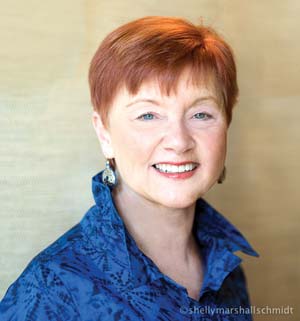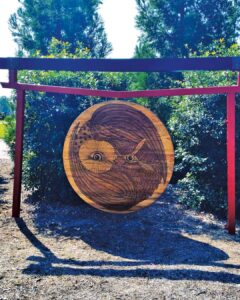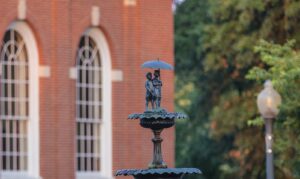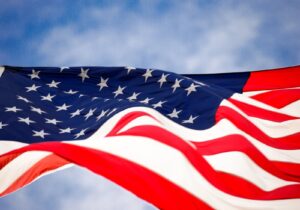Nearly a million women have joined the Daughters of the American Revolution (DAR) since its founding in 1890. One of the original purposes of the society was to reunite the country after the Civil War. “Love of country was the purpose; ancestors who fought for freedom was the bond that connected women from North and South,” reads the DAR pamphlet.
Today it is a volunteer service organization whose mission is promote patriotism, preserve American history, and secure America’s future through better education for children.
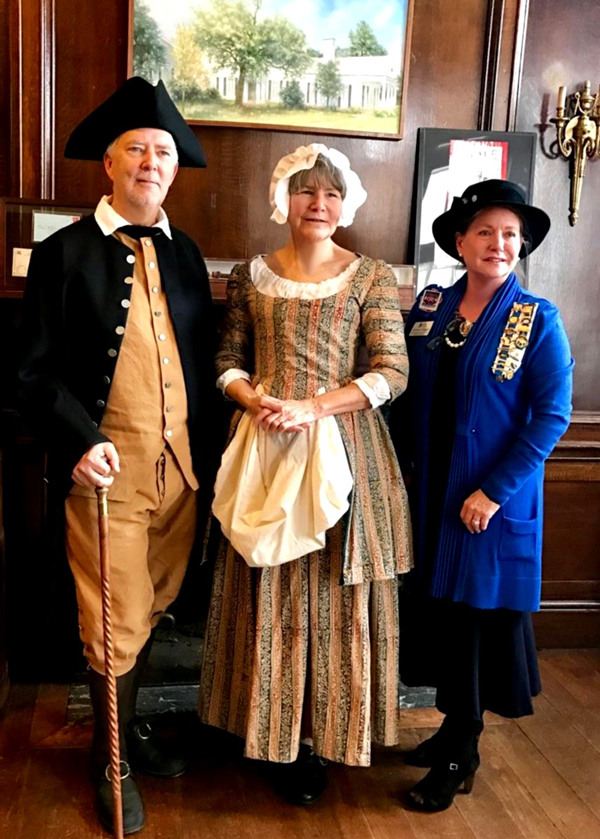
Locally, there are four DAR chapters in the Aiken area, and all are hoping to swell their ranks with more members.
“Membership in the Daughters of the American Revolution offers women the opportunity to help educate our youth, preserve our past, and promote love of our country while making lifelong friendships,” explained Carolyn Miller, who has been active in the DAR since 2011 with the Henry Middleton Chapter in Aiken.
Just a few recent examples of local activities that promote these goals include recognition and honoring of patriots, such as Francis Marion, known as the Swamp Fox, riding in DAR floats in the Memorial Day parade and giving out American flags, and presenting programs of historic importance in various places, including the Governor’s Mansion.
DAR membership requirements are as follows: “Any woman 18 years or older, regardless of race, religion, or ethnic background, who can prove lineal descent from a patriot of the American Revolution, is eligible for membership. Tracing your lineage is valuable because it preserves your family’s heritage. DAR volunteers are willing to provide guidance and assistance with your first step into the world of genealogy,” states the DAR brochure. A Registrar in each chapter is charged with helping applicants establish their genealogy.
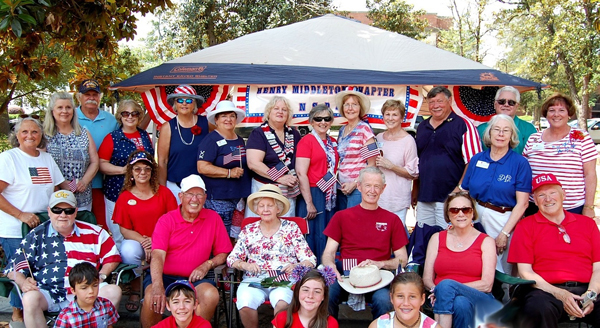
Local Chapters
The local chapters meet at different times and places, offering schedules that allow active women a choice to suit their own busy lives.
The Henry Middleton Chapter meets at the Aiken County Historical Museum on the second Wednesday of the month at 10 a.m. For information, call Carolyn Miller at 803-649-7909, or email her at millersequine@yahoo.com.
The Trenton Chapter meets at the Aiken County Historical Museum on the third Wednesday of the month at 3:30 p.m. For more information, call Robin Verenes at 803-292-1128, or email her at rjverenes@bellsouth.net.
The Martintown Road Chapter meets at Fairview Presbyterian Church in North Augusta on the second Tuesday of the month, bimonthly. Call Susan Robbins for more information at 803-279-4250, or email her at suerob7600@aol.com.
The Esther Marion Chapter begins a new schedule in November, with meetings scheduled the second Tuesday of the month in November, January, April, July, and September at 5 p.m. at Peace Lutheran, 202 Richland Avenue West. Alternate months are times when chapter members hold a community service project or field trip. For more information, call Julie Hardaway at 803-649-1267, or email her at jnhardaway@bellsouth.net.
The Esther Marion Chapter is the newest – and the oldest – chapter in Aiken, and the second oldest in South Carolina. “It was formed in November of 1893,” said member Julie Hardaway. “However, it disbanded in 1954.” The chapter was reactivated in the spring of this year and currently has 27 members.
“Right now we are collecting blankets for Solders Angels in Texas and toiletries for local homeless veterans. We sent three large boxes of school supplies to our DAR-designated school in Crossnore, North Carolina, which provides foster care for children in crisis,” she continued. “Members of the Esther Marion Chapter have also visited and laid wreaths at the graves of Francis Marion and the Battle of John Town near Salley this year.” The namesake of the chapter, Esther Marion, was the mother of Francis Marion.
Historic Preservation and Education
Last spring, the Henry Middleton Chapter presented a program of “Mourning Jewelry and Other Antiquities” to First Lady of South Carolina Peggy McMaster when Carolyn Miller presented her family’s artifacts at the Governor’s Mansion. Mourning jewelry is worn to commemorate a loved one who has died. Displays included books from the 1750s and a knee buckle from General Abel in the French and Indian War. The presentation was coordinated with the Ann Pamela Cunningham DAR Chapter of Columbia.
According to Carolyn, DAR chapters also sponsor essay contests in various schools and award grants and scholarships to local students.
Carolyn has won numerous awards for her volunteer activities with the chapter, including First Place in South Carolina for Chapter Achievement and also Outstanding Volunteer Genealogist for 2017; she has brought in more than 102 members by application to the DAR. In addition to her local activities, she was on the Board of the Southeastern Division of the National Society Daughters of the American Revolution as Vice Chair of Membership. Her work in many positions, including regent and registrar, has won recognition, and she is now Honorary Regent for Life. Besides her membership in the Henry Middleton Chapter, Carolyn is also an associate member of two chapters in Connecticut, the Anna Warner Bailey Chapter in Groton, and the Lucretia Shaw Chapter in New London.
National Headquarters, and the DAR Library and Museum
The National DAR is headquartered in Washington, DC, and is considered to be one of the most valuable pieces of real estate in the world owned and maintained by women. Occupying an entire city block, it was constructed in the neo-classical style of pure white Vermont marble with pillared porticos. The DAR Library within the building houses the second largest genealogical research center in the world, with more than 300,000 files, 185,000 books, and 65,000 microforms.
In addition, the DAR Museum conserves more than 30,000 objects of American culture, making it one of the foremost collections of pre-Industrial American decorative arts. Local resident and DAR member Judy Justice donated an original 1807 hand-colored print botanical plate from the collection of English Botanist Phillip Miller to the DAR Museum to enhance its collections.
The Miller print, titled Dyers Indigo, is significant to South Carolina’s agricultural and botanical history. Eliza Lucas Pinckney, an agriculturalist and botanist living in Charleston (1722-1793), was in contact with Miller and visited him in England, gleaning information on how to cultivate indigo in America. She is often credited for the development of the successful indigo industry in the mid-1700s in South Carolina. By the time of the American Revolutionary War, Pinckney and other South Carolina indigo growers were exporting more than one million pounds of indigo annually with a present-day value of $30 million.
Among the many other projects supported by the DAR are donations to the restoration projects of the Statue of Liberty and Independence Hall; the creation of the WWII Memorial; scholarship and financial aid awards of $150,000 annually; locating and marking historical landmarks and graves of Revolutionary War Patriots; community service projects; and distributing the DAR Manual for Citizenship to immigrants studying for naturalization, of which more than 10 million free copies have been distributed.
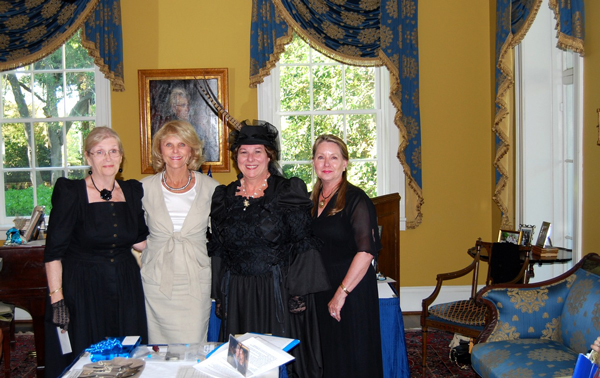
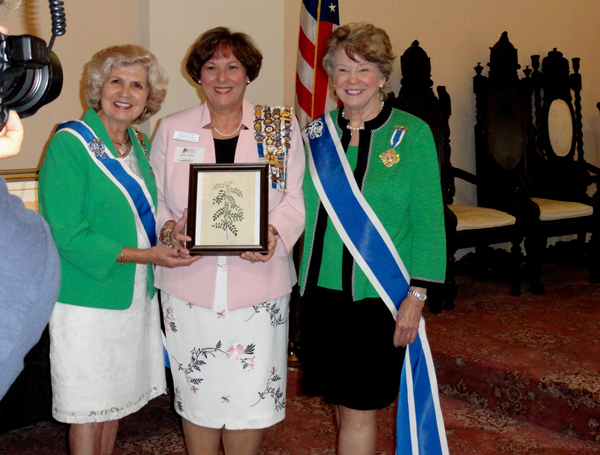
by Kathy Cunningham

